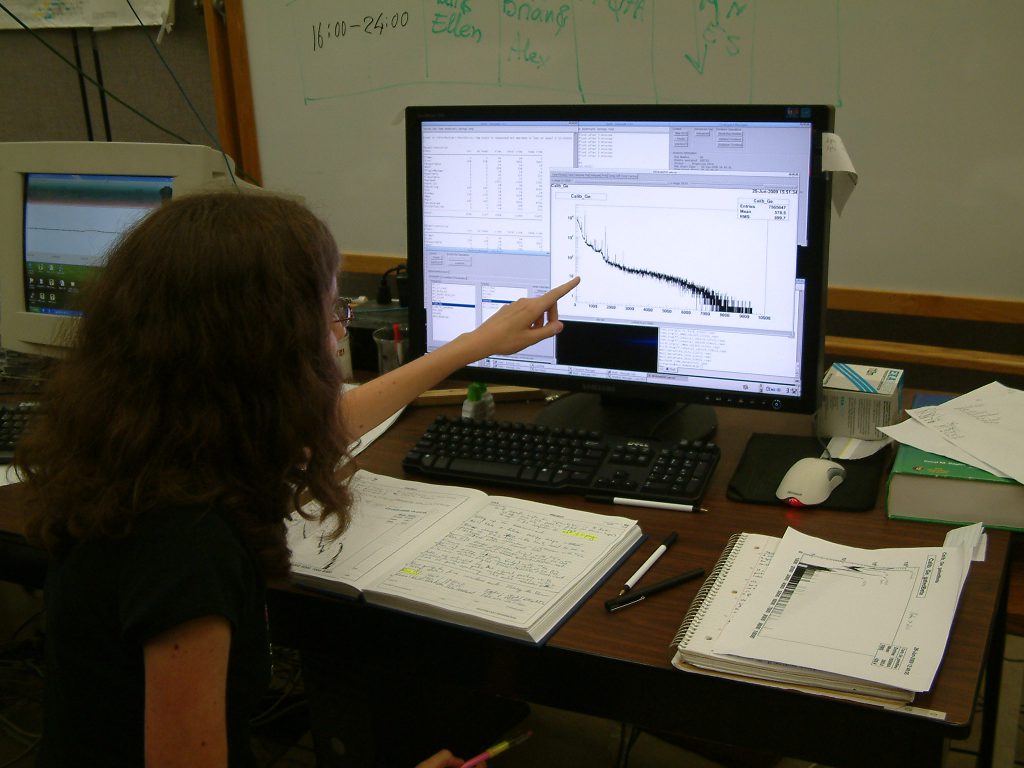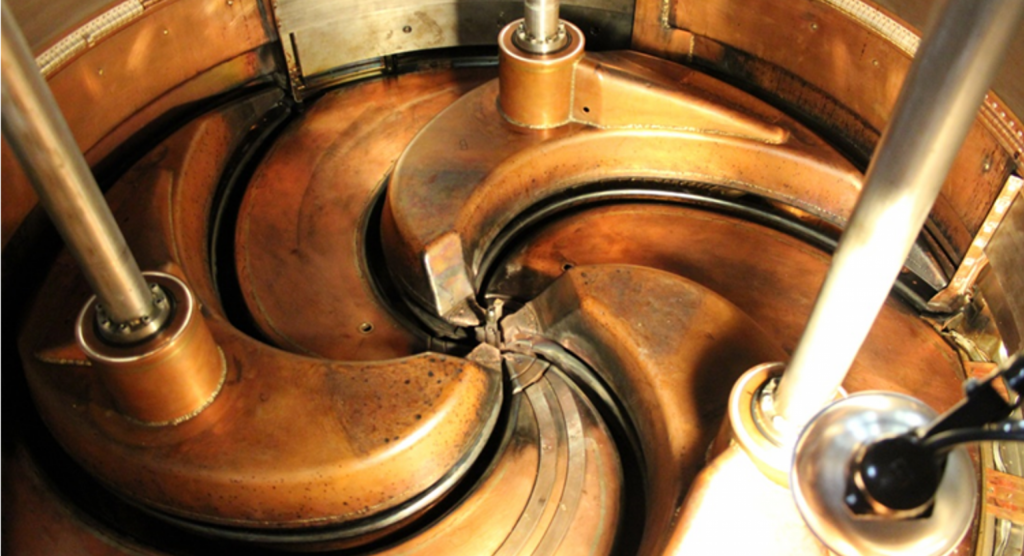The Institute research program focuses on the atomic nucleus, a many-body system of strongly interacting constituents bound together by the strongest forces known in nature. The properties investigated often can be described in terms of the motions of single nucleons (neutrons and protons), the correlated motions of several nucleons, and the collective motions of many nucleons. On a finer scale, they can be understood in terms of the degrees of freedom of quarks and gluons, the nucleon constituents. Nuclei are very rich in a fascinating array of phenomena associated with the interactions of these underlying constituents.
In addition to providing a fundamental understanding of nuclear properties, research in nuclear science contributes both insights and techniques to a number of related scientific disciplines, for example, astrophysics, elementary particle physics, atomic/molecular physics, and condensed-matter physics. Nuclear science techniques are also very important in a broad range of analytical, medical, materials science, and energy-producing applications.
Aided by advances in the technology of accelerators, computers, and detector systems, the frontiers of nuclear science continue to expand. The facilities available at the Cyclotron Institute provide a rich variety of opportunities for graduate research.


